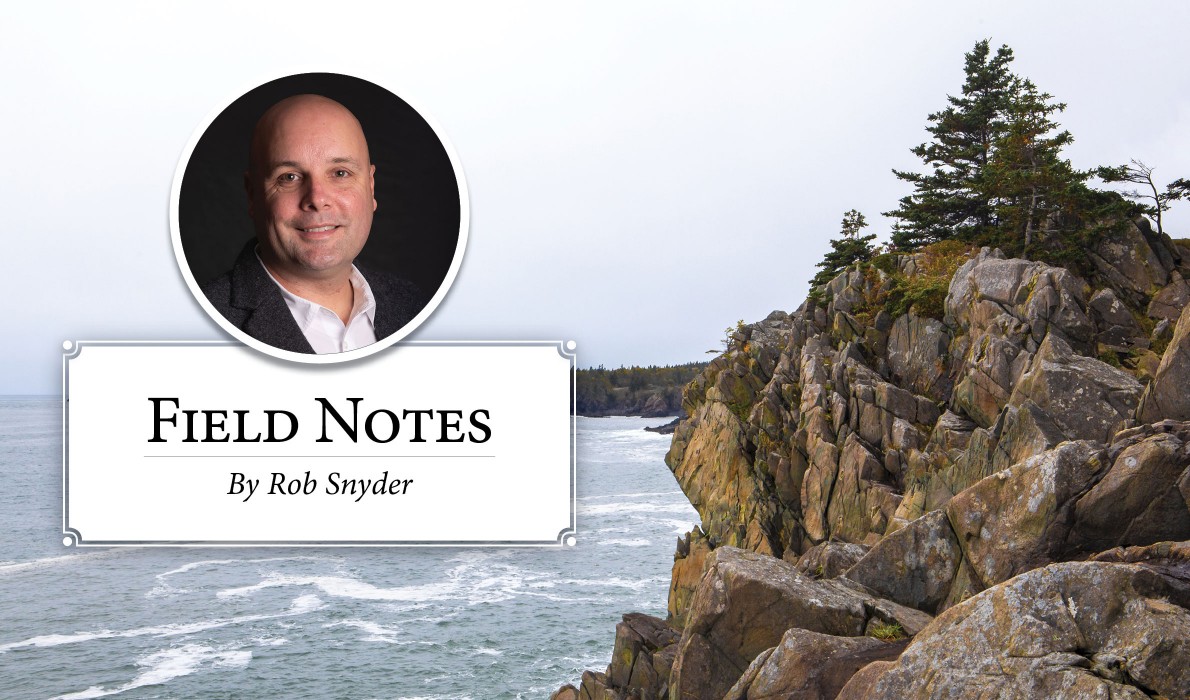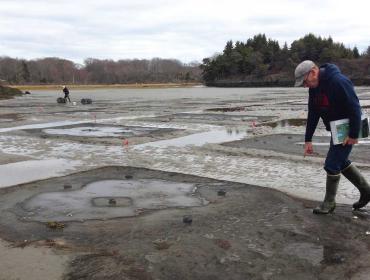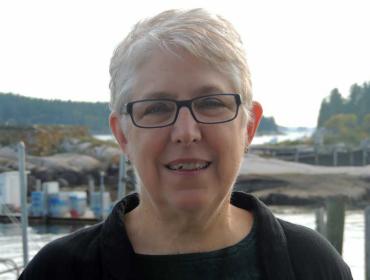Posted March 19, 2020
Last modified March 25, 2020
By Rob Snyder
Island and coastal communities, and the people who care about them near and far, must pull together right now.
Tourism and lobstering, our key economic drivers, are in peril. The islands and coast rely on an annual influx of $4 billion in tourism revenue, earned primarily between June and September. If the pandemic runs its course through October, as some models predict, the financial stability of many families will evaporate.
For the $1 billion lobster industry, national markets and key export countries are struggling, so demand has evaporated. The pandemic has driven lobster prices through the floor, below $3 per pound at the boat. At that price, it doesn’t make sense for fishermen to take their boat off its mooring.
In the midst of this turmoil, North Haven island has garnered national and international press attention by the decision of its board of selectmen to ban non-residents from coming to the island.
One reaction to North Haven’s move is sympathy, with some seeing it as consistent with nations closing borders and enforcing social distancing measures. And so it is not surprising the island community would implement its own measures to accomplish what others are trying to do on an international scale.
But community is experienced personally and specifically, not in the abstractions of pandemic and international politics. At a personal level, North Haven’s decision has amplified concerns among a large number of people who consider Maine home, but are not residents. For seasonal residents who thought they were neighbors and friends, the move to close off the island may seem like distrust and animosity, and could have a long-term detrimental impact on the community’s social fabric. Many who care about the Maine coast, but live elsewhere, are asking if they are still considered a part of the communities they love.
Many of the educational, social, and cultural institutions in island and coastal communities exist because of a partnership between residents who lead local initiatives and the generosity of seasonal residents. Decisions that amplify the “from here, from away” divide undermine the social fabric that has allowed Maine’s island and coastal communities to become guiding lights nationally and internationally for how to live sustainably.
There are good reasons why Maine coastal communities are struggling with responding to those who might come to Maine to wait out the pandemic. Maine’s island communities are at great risk during this pandemic because of the age of their populations. Maine’s island communities have a median age of 48; Maine’s median age is 44.6, making it the nation’s oldest; and the U.S. has a median age of 37.9.
The islands are vulnerable, since the virus has a disproportionate impact on seniors. These are communities of between 50 and 1,200 people with little or no capacity to deal with medical emergencies.
In this context, the concerns expressed by North Haven municipal leaders are understandable, but the message still hurts.
All across Maine, small isolated communities are struggling with how to care for people. When we look to the islands more broadly, we find a more educational and conversational tone during this stressful time. It can be summarized as follows:
Please consider the risk you would expose our community to by coming here. Our community has an aging population that is already difficult to care for, and our resources are stretched. We don’t have the ability to help care for you if you get sick. You will have to go to the mainland. It would be a great help to us if you stayed where you are right now. We appreciate you, and we look forward to seeing you when the pandemic passes.
A robust series of conversations are taking place across the coast as the pandemic worsens. The Island Institute is helping to facilitate these discussions.
Resilient leadership in times of crisis requires generosity and caring, networking, asking for and offering support, and staying informed. Leadership also requires recognizing that island and coastal communities exist in reciprocal relationships with each other. The long-term relationships between island and coastal residents—and those who care about the Maine coast more broadly—are of critical concern, because this will not be the last crisis Maine’s island and coastal communities face.
It is important that we pull together, rather than create divides. Our actions today will speak volumes on how we interact with each other the next time we need the care and support of our neighbors.
Rob Snyder is president of the Island Institute.

Contributed by




